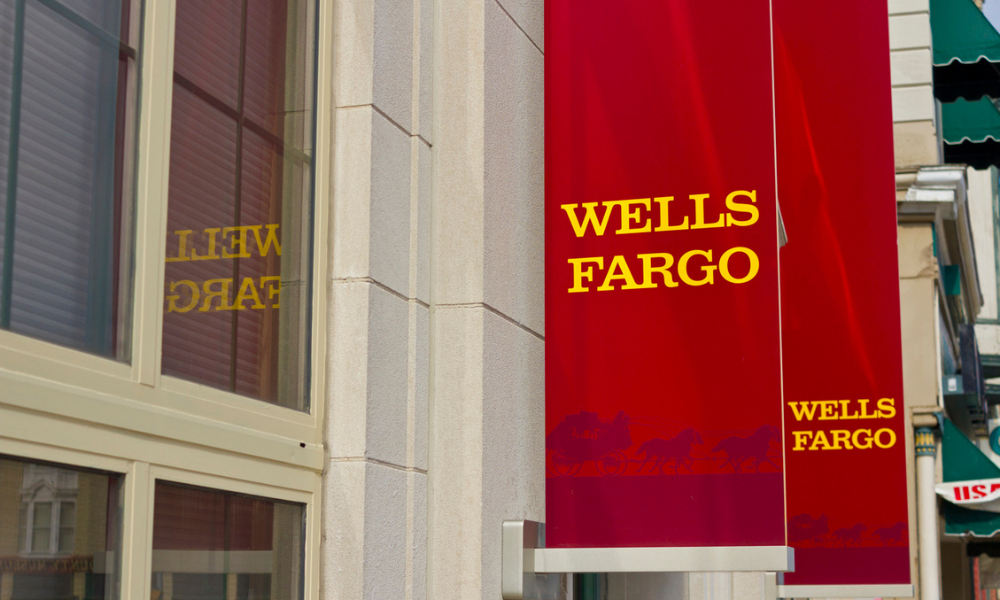Data comes as the bank faces scrutiny for rejecting almost half of its Black applicants during refi boom

Wells Fargo, which is in hot water for its alleged discriminatory refinancing practices, accepted more refi applications from Black homeowners during the pandemic, according to newly released federal mortgage data – but still lagged its peers.
Wells Fargo, the biggest bank home lender in the US, approved fewer than half of mortgage refinancing applications from Black homeowners in 2020, according to a recent Bloomberg report that prompted senators Elizabeth Warren and Ron Wyden to investigate Wells Fargo’s lending practices. Now a new Bloomberg analysis of 2021 Home Mortgage Disclosure Act (HMDA) data has revealed that the gap between lender’s approval rates of Black and White borrowers last year was greater than any other major US bank.
The San Francisco-based bank approved 58% of Black applicants for refinancing conventional home mortgages in 2021, compared with 47% of Black applicants the previous year. Meanwhile, Well Fargo’s approval rate for White applicants increased from 72% in 2020 to 79% in 2021.
According to the HMDA data, the number of Black refi applicants at Wells Fargo nearly doubled in 2021 compared with the year before. Approximately 24,000 Black homeowners completed applications, accounting for 7% of the bank’s total refi applicants, up from 5% in 2020 – both are higher than the industry averages of 5% in 2021 and 3% in 2020.
However, it still lags behind its major competitors regarding approval rates for Black borrowers. JPMorgan Chase & Co. accepted 87% of Black applicants compared with 93% of White applicants; Rocket Mortgage approved 81% of Black applicants compared with 88% of White applicants, and Bank of America accepted 75% of Black applicants compared with 86% of White applicants.
Read more: Black mortgage discrimination – applicants denied at alarming rate
Bloomberg, citing housing experts on racial disparities, reported that underwriting algorithms and a systemic undervaluation of homes in predominantly Black neighborhoods play a part in a modern-day redlining.
“We’re seeing these COVID responses do what we saw the Great Recession’s response did, which is to leave behind the very communities which were hardest hit by that crisis,” Nikitra Bailey, senior vice president of public policy at the National Fair Housing Alliance, told Bloomberg.
Commenting on the issue, Mike Weinbach, head of consumer lending at Wells Fargo, said the bank will continue working with legislators, regulators, non-profit groups, and other financial institutions “to push our industry forward and develop solutions that make the dream of homeownership a reality for more minority customers.”
In a Bloomberg interview, Senate Banking Committee chairman Sherrod Brown expressed his concerns about the Wells Fargo data from 2020, saying that “there is clearly disparate impact” on homeowners whether it was the result of intentional policies or not.
Brown said in another interview that he had not received responses from the CFPB or HUD about his request for an investigation.
“I don’t have a prediction or an expectation of what the outcome will be,” he said. “But I do expect them to get serious about looking at this and investigating this.”



